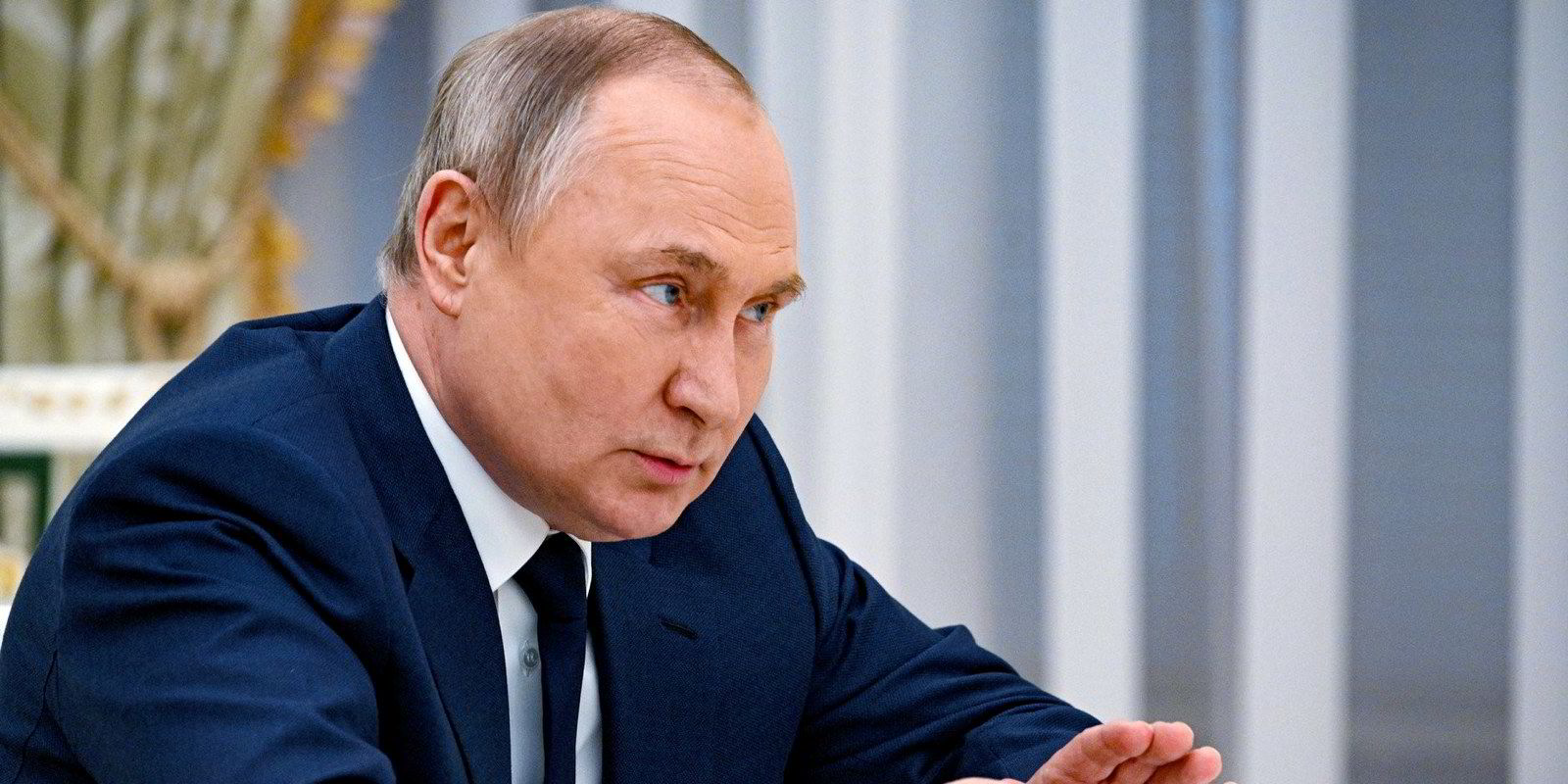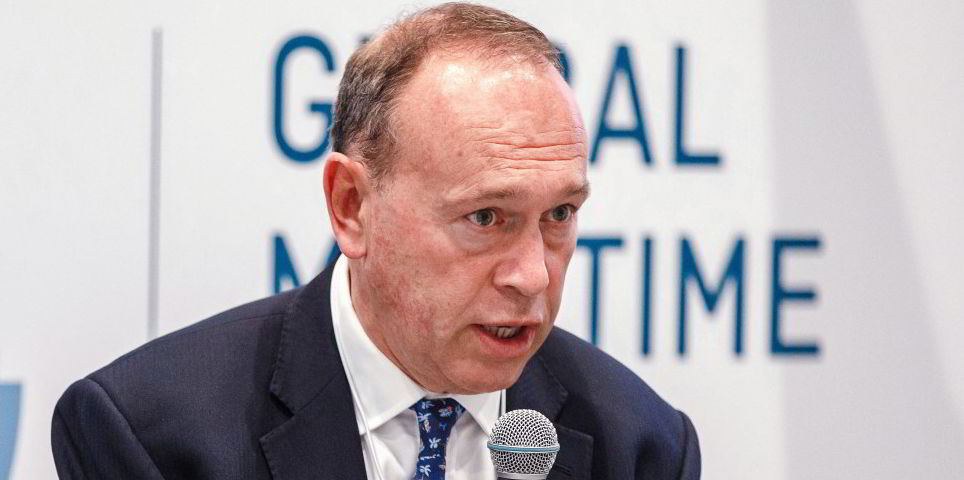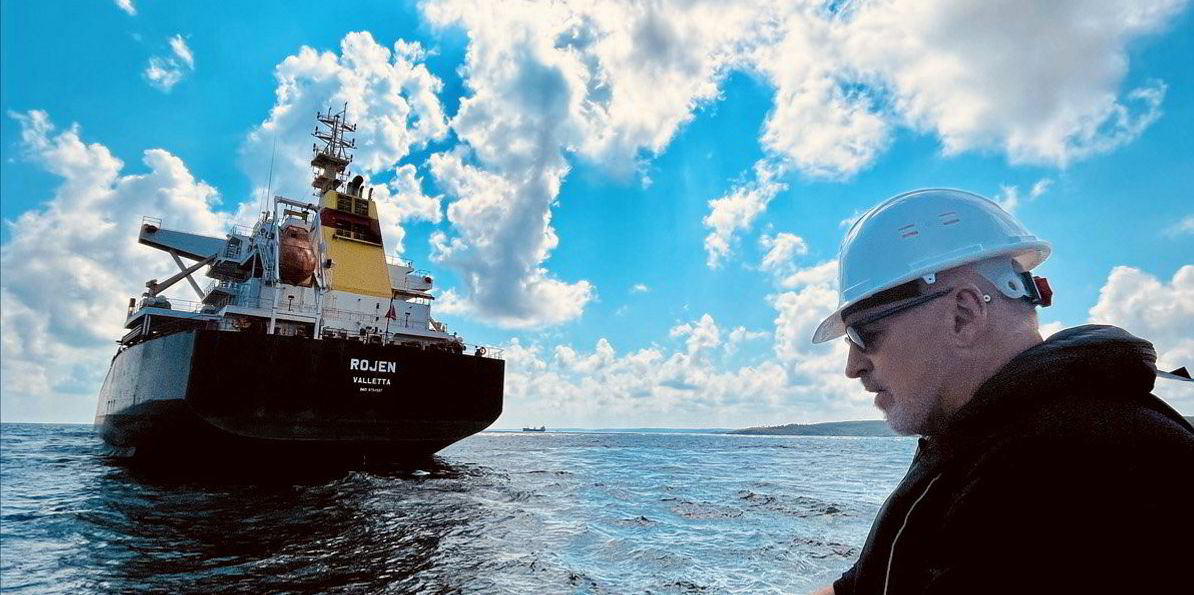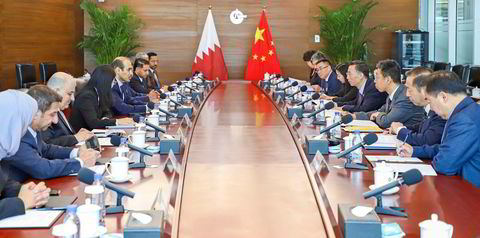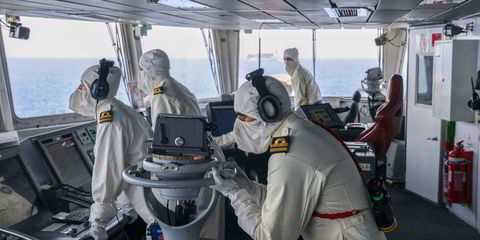War risk underwriters are writing new business for the Ukraine Black Sea grain shipments after Russia said it would support the trade again.
Broker Marsh has said its joint cargo war risk facility provided with Ascot Insurance is now "back in play", hours after the announcement from Russia.
Other underwriters are expected to follow.
Inspection clearance is a key condition of war risk cover and, while Russian surveyors were no longer inspecting ships, insurance could not be placed.
“If you can’t get ships inspected then you can’t get clearance,” one war risk underwriter told TradeWinds. “Without clearance ships simply cannot comply with the terms of cover,” he said.
But, that situation changed quickly after Russia's Defence Ministry said it would return to back the deal. The expectation is Russia will resume inspections.
Shipowners may find rates are higher. After Russia said it would withdraw from the deal, premium as high as 1.5% of insured values was being quoted by brokers for Ukraine grain shipments, compared to closer to 1% just before Russia announced it was pulling out.
Ships remain trapped
Resumption of the trade would mean that ships which have remained trapped at Ukraine ports since the outbreak of hostilities have another opportunity to escape.
More than bulk carriers which were caught up in the conflict have so far managed to sail out through the UN-brokered humanitarian safe corridor established for grain shipments.
But, dozens have remained trapped and were trying to secure grain cargoes to finally get out of the war-torn country after eight months when Russia made its decision to pull out.
Now Russia has said it will support the trade again it will buy owners and their underwriters more time to get the ships out.
Under war risk cover vessels which remain trapped for more than 12 months are declared a constructive total loss and underwriters will have to pay out on the full insured value.
As Russia returns to the deal, which was due to expire later this month, there is hope it might be renegotiated and expanded to include the river port of Mykolaiv where more vessels are trapped.
The port was not included in the initial agreement.
